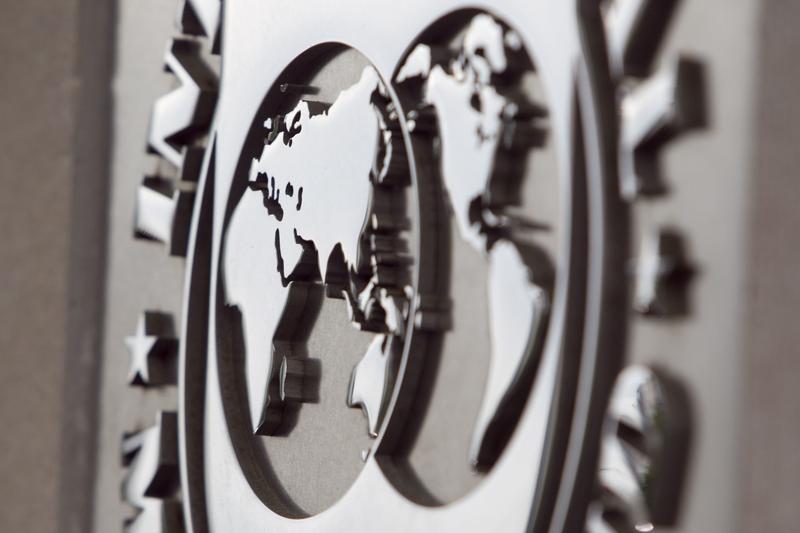 In this undated photo, the logo of the International Monetary Fund (IMF) is displayed out the headquarters in Washington, DC, US. (ANDREW HARRER / BLOOMBERG)
In this undated photo, the logo of the International Monetary Fund (IMF) is displayed out the headquarters in Washington, DC, US. (ANDREW HARRER / BLOOMBERG)
The Group of Seven biggest advanced economies is considering putting its support behind a US$100 billion reallocation of potential new International Monetary Fund reserves from richer nations to more vulnerable ones to aid their recovery from the pandemic.
The IMF is preparing to give its member countries the biggest resource injection in its history with US$650 billion
The global effort would address health needs including vaccinations as well as help enable greener, more robust economic recoveries, the White House said in a fact sheet Friday. The G7 leaders’ communique will have more details, it said. Talks begin Friday at the summit in Cornwall, southwestern England.
The IMF is preparing to give its member countries the biggest resource injection in its history - US$650 billion - to boost global liquidity and help emerging and low-income nations deal with mounting debt and COVID-19. Managing Director Kristalina Georgieva said this week that she expects the fund’s board of governors to vote on the proposed new reserve assets, called special drawing rights, by mid-August. The organization is also working on ways to redirect them from rich nations that don’t need them to poor ones that do, she said.
ALSO READ: With G7 summit the 1st stop, Biden embarks on 8-day trip to Europe
France has committed to reallocating part of its SDRs to Africa, which is earmarked to receive US$33 billion of the US$650 billion. French President Emmanuel Macron in May asked other rich countries to also reallocate their expected new reserves to boost the amount going to Africa to US$100 billion.
Minimum tax
G7 leaders also will endorse a global minimum tax of at least 15 percent, the White House said. The US said that the agreement is key to ending a decades-long competition between nations to lure corporations with lower tax rates at the expense of protecting workers, investing in infrastructure and growing the middle class.
“By making big multinational corporations pay their fair share and raising resources to fund priorities for domestic renewal - such as infrastructure, childcare, affordable housing, and education - a global corporate minimum tax is a key part of our efforts to deliver a foreign policy for the middle class, and will help support working families everywhere,” the White House said.


